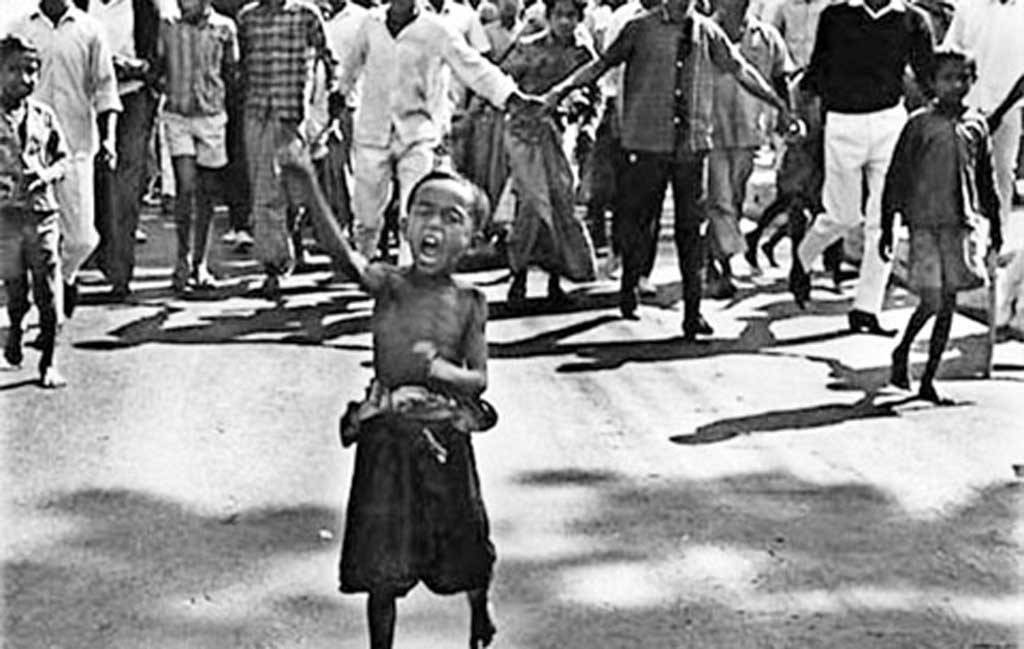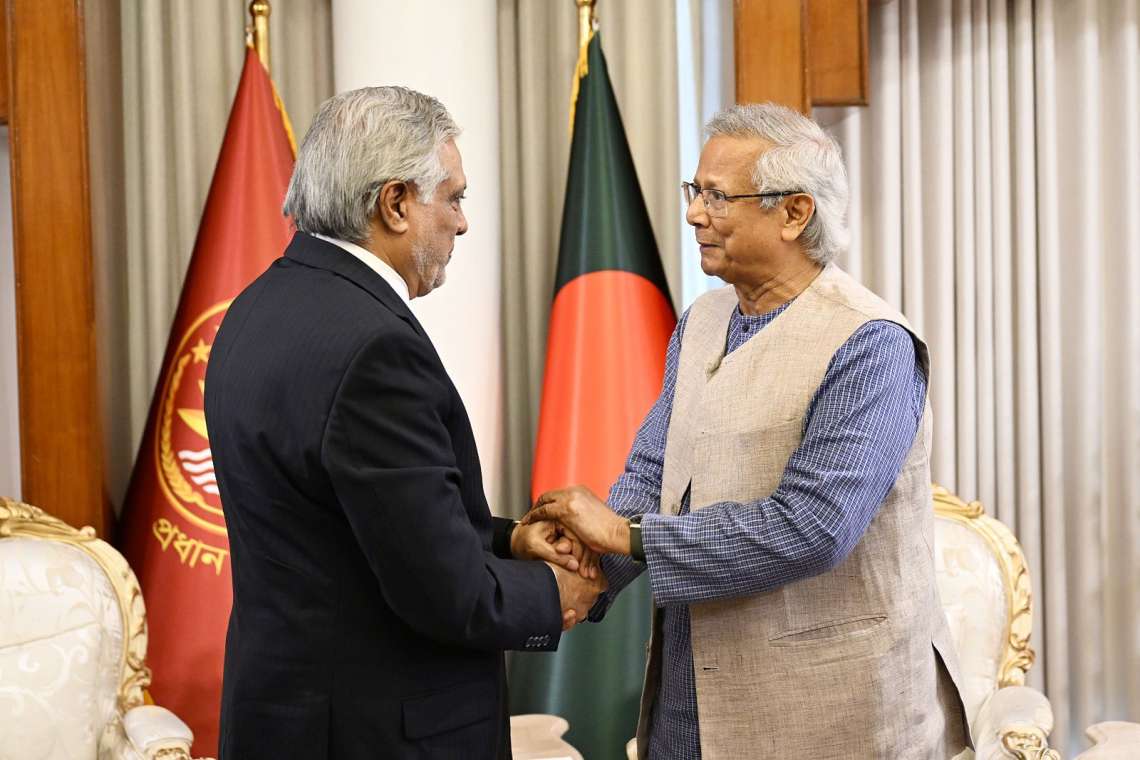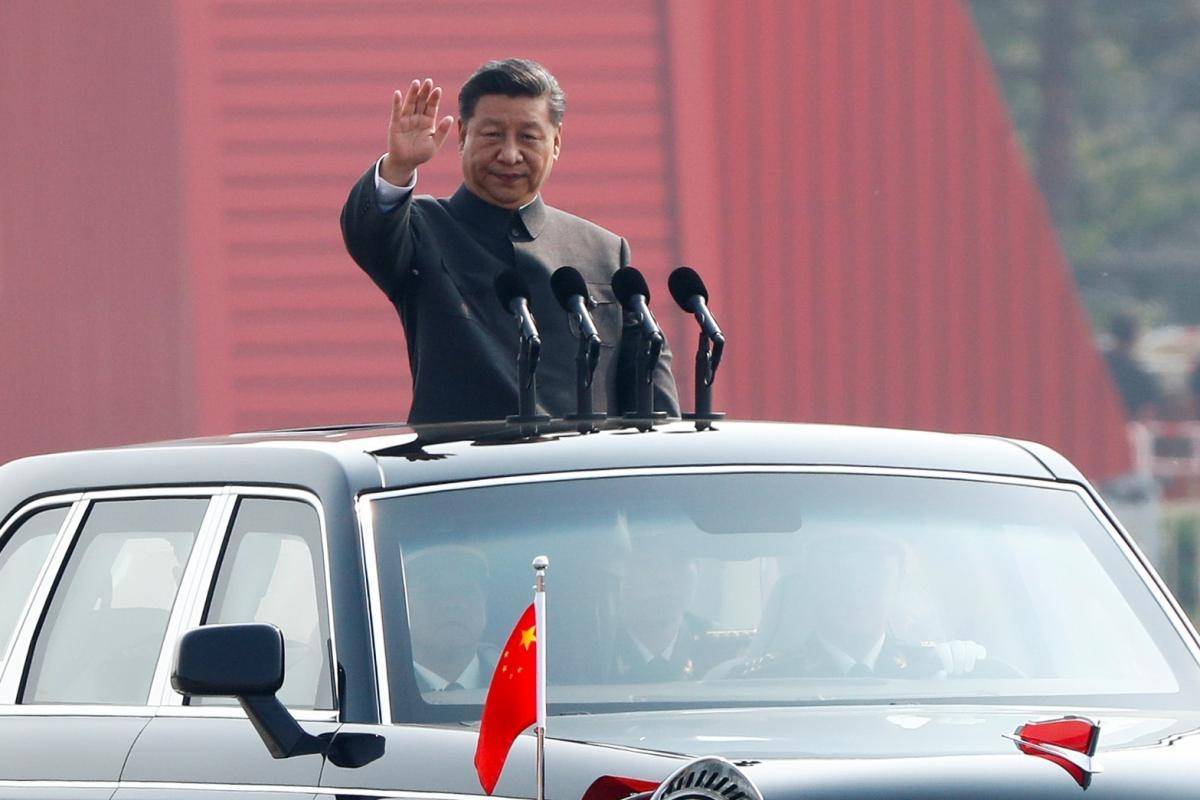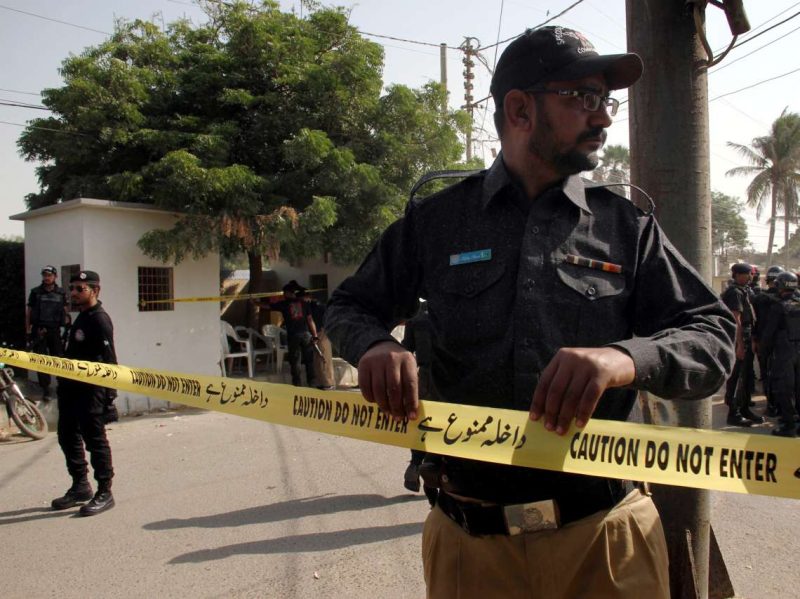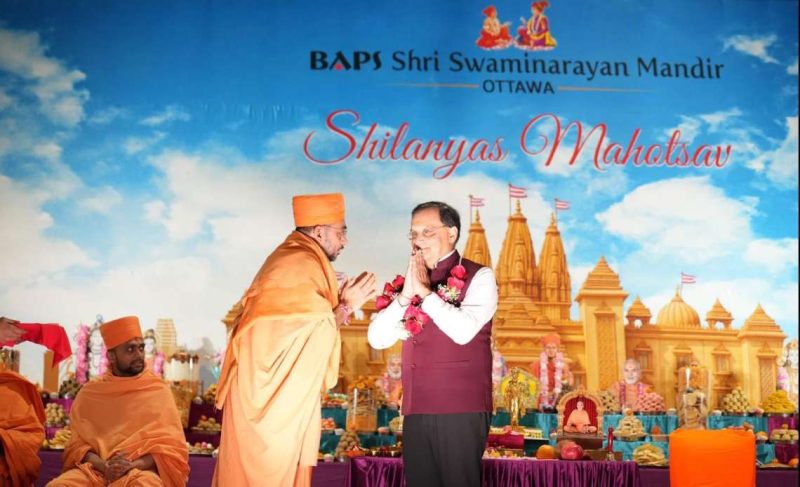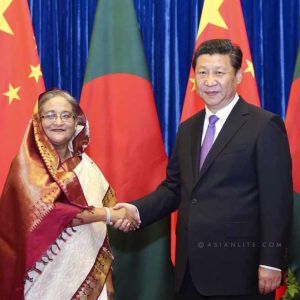The day teaches Bangladeshis the values of democracy and protests against oppression, said Hasina….reports Sumi Khan
Bangladesh on Monday commemorated the Mass Uprising Day which marks the climax of the movement of the people of the then East Pakistan for autonomy in 1969 that eventually led to the Independence War and emergence of the country in 1971.
On Sunday, President M Abdul Hamid and Prime Minister Sheikh Hasina issued separate messages, expressing profound respect for those who had embraced martyrdom in the historic movement of 1969.
Although not fully comparable with what 1789 signifies for France, 1969 signaled the beginning of some revolutionary changes in the history of Pakistan. The end of Ayub Khan’s decade of “guided democracy”, and the end of Pakistani hegemony in its eastern wing eventuated the birth of Bangladesh. In a way, 1969 was the “best of times” and the “spring of hope” for what is Bangladesh today.
In his message, Abdul Hamid said Father of the Nation Bangabandhu Sheikh Mujibur Rahman declared the historic six-point demand in 1966 to make the Bangalee nation free from Pakistani rule, exploitation, and deprivation.
The six-point was the charter of freedom, including autonomy, he mentioned.
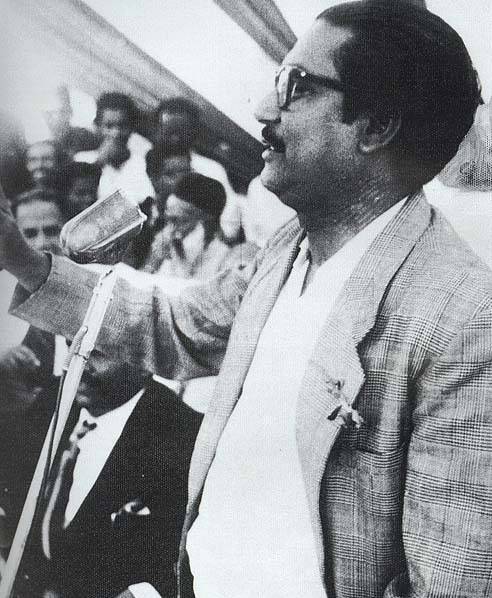
Meanwhile, Hasina said the 1969 uprising is a significant chapter in the history of the country’s independence.
The nation achieved independence following the 1952 Language Movement, six-point demand, 11-point demand, the 1969 uprising, and the armed War of Liberation, the premier said.
“We got an independent-sovereign Bangladesh,” she added.
On January 24, 1969, Matiur Rahman Mallik, a standard ninth-grader of Nabakumar Institution, and Rustam Ali, a rickshaw-puller, were killed in police firing on demonstrators in Dhaka as Pakistani rulers desperately tried to suppress the popular uprising.
The killings led to intense protests across the country that eventually saw the fall of the autocrat Ayub regime.
The day teaches Bangladeshis the values of democracy and protests against oppression, said Hasina.
In the emergence of mass uprising, the government of dictator Ayub was forced to release Bangabandhu and other accused in the so-called Agartala conspiracy case, Hasina observed.
“As a result of this,the Ayub Khan’s government fell. The mass uprising of 1969 against mal-governance and exploitation still inspires us today. The martyrs, who sacrificed their lives in the 1969 mass upsurge will be remembered among the people who love democracy,” the premier said.


